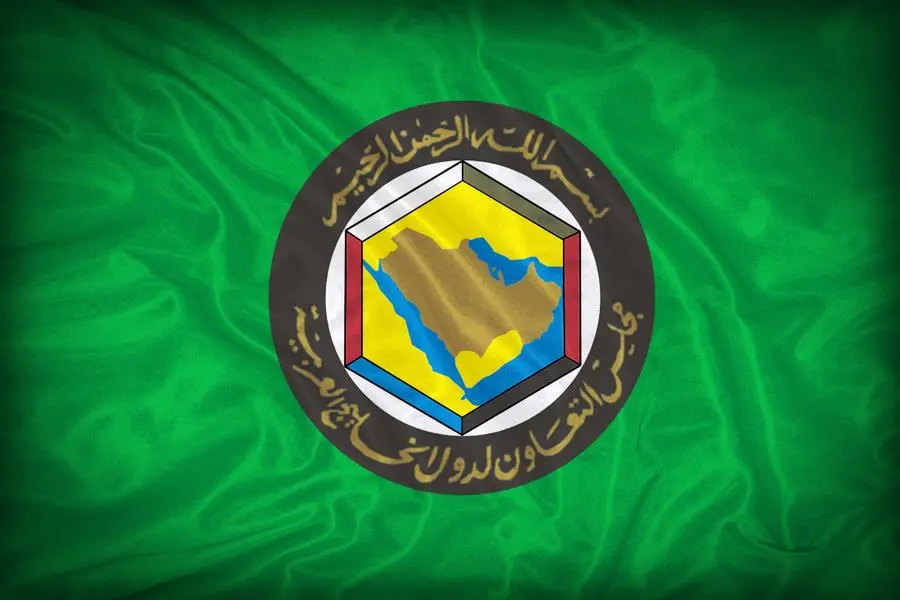PHOTO
A trio of Middle East government-backed corporates took to the primary markets last week, making the most of resilient demand for the region’s paper.
Given the ratcheting up of tension between Israel and its neighbours, there were no guarantees that even state-owned corporates from nearby jurisdictions would be able to access the market easily.
But, on the whole, investors proved happy to engage and regional spreads only widened a few basis points as the week progressed.
That said, the underperformance of recent Middle East quasi-sovereign issuance may have sapped some of the demand for Taqa’s (Aa3/NR/AA) latest issue.
On Wednesday, combined final books for the US$900m of 4.375% October 2031s and US$850m of 4.75% March 2037 greens were over US$5bn, excluding lead interest. While a perfectly respectable figure, it was still some way off the near US$13bn it achieved with a dual tranche offering in April 2023.
“All of the MENA quasi-sovereign issues are trading wide of reoffer lately, so I would think the hot money is less eager to go into these trades at the moment,” a trader said.
Pricing on the Taqa tranches still looked tight. The final spreads over Treasuries of 85bp and 105bp suggested new issue premiums of 0bp–5bp.
Taqa is a wholly owned subsidiary of Abu Dhabi sovereign wealth fund ADQ and according to one lead, the new Taqa bonds came inside ADQ’s curve.
Nama Electricity Distribution Company (Ba1/NR/BB+), the Omani utility owned by the government through the Oman Investment Authority, took to the sukuk market on Wednesday. The US$750m of 5.295% October 2031s tightened by 30bp from IPTs to land at 165bp area over Treasuries, achieving a final book of more than US$2.4bn, excluding lead interest.
It was good timing from the issuer. Books opened less than a week after the Oman sovereign received its first investment-grade credit rating since 2019. On September 27, S&P upgraded Oman by one notch to BBB– (stable), citing the country’s deleveraging efforts.
Moody’s and Fitch still hold sub-investment-grade ratings for the sovereign of Ba1 (positive) and BB+ (stable).
A day later partially government-owned Qatari telecoms firm Ooredoo (A2/A/NR) issued for the first time since March 2021, landing a US$500m no-grow 10-year at a spread to Treasuries of 88bp, having opened books in the 125bp area. Books were US$1.8bn-plus, having peaked at over US$2.5bn.
“They were coming with a very manageable size which seemed to be helpful, the no-grow meant that the market knew what to expect,” a second banker said.
Ooredoo is 68% owned by the Qatari government and government-related entities, while the Abu Dhabi Investment Authority holds a 10% stake. The remainder is a free float.
Source: IFR




















